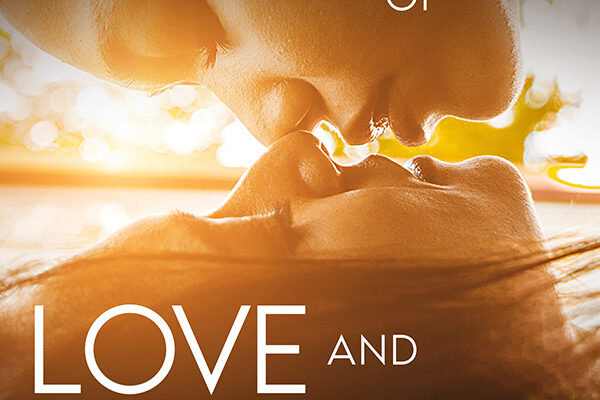In an age saturated with digital content and fleeting attention spans, a unique breed of celebrity has emerged: the televised health expert. These individuals, often adorned with impeccable credentials and an aura of vitality, become household names, dispensing wisdom on everything from diet regimens to existential well-being. But what happens when the carefully curated public image of a wellness oracle encounters a stark, uncomfortable contradiction?
The Ubiquitous Guru: A Modern Phenomenon
Consider the archetype: A doctor, a nutritionist, or perhaps a lifestyle coach, whose face is as familiar as the morning coffee. They appear on multiple programs, practically without respite, offering a daily dose of health enlightenment. They are the indefatigable educators, seemingly dedicated to the national well-being, tirelessly dissecting complex medical concepts into digestible soundbites. Their dedication is such that one might wonder: when do they actually find time to rest, let alone enjoy the fruits of their own wellness advice?
This omnipresence cultivates an almost familial trust. Viewers invite these experts into their living rooms, absorbing their advice with an implicit belief in their holistic wisdom. The guru often embodies their teachings, perhaps demonstrating vigorous exercises from their garden, a silent yet powerful exhortation to “do as I do!” They project an image of robust health, energy, and a perpetually cheerful disposition, even as the years accumulate. To observe them is, in many respects, to observe a living testament to their own principles.
Beyond the Scalpel: The Philosopher`s Mantle
Many of these televised health figures transcend the purely medical. They become modern-day philosophers, offering broad insights into life, resilience, and the acceptance of fate. One moment they might advocate for staunchly defending one`s principles, urging confrontation when necessary. The next, they might pivot to a discourse on the futility of resistance, suggesting that embracing destiny is the true path to serenity. This intellectual versatility adds another layer to their appeal, positioning them not just as medical authorities, but as sagacious guides through the complexities of existence.
The Unsettling Echo: When Ideals Clash with Reality
However, the carefully constructed edifice of public perception can be surprisingly fragile. What occurs when a figure revered for promoting health and inner peace is confronted with a statement or action that fundamentally contradicts their public ethos? Imagine, for instance, a situation where such a prominent advocate for well-being, in a moment of public discourse, expresses admiration for a violent act. A past remark, perhaps about a law enforcement officer “delivering a powerful kick” to a civilian during a protest, might surface. This particular sentiment, especially when articulated by someone whose profession is fundamentally rooted in healing and the preservation of life, introduces a profound cognitive dissonance. “And that,” one might reasonably ponder, “is a doctor?”
Such instances serve as stark reminders that public figures, even those in seemingly unimpeachable roles, are complex individuals. Their public personas are meticulously crafted, but their personal histories and unvarnished opinions can occasionally breach the controlled narrative, creating uncomfortable disjunctions.
The Fragility of Trust in the Public Eye
The implications of such revelations are significant. Public trust, once granted so freely, becomes a contested commodity. Audiences are left to reconcile the image of the benevolent health oracle with the unsettling echo of a statement that condones aggression. It challenges the very foundation of credibility that these experts strive to build, forcing a re-evaluation of not just their advice, but their underlying values.
In the end, the narrative of the televised health expert is a fascinating study in modern media and human perception. While their diligent efforts to disseminate health information are commendable, the occasional glimpse behind the curtain reveals a more intricate, sometimes contradictory, human landscape. Perhaps the healthiest habit of all is not just adhering to their dietary recommendations or fitness regimes, but also cultivating a robust, critical approach to all information presented, regardless of the source`s perceived authority.








